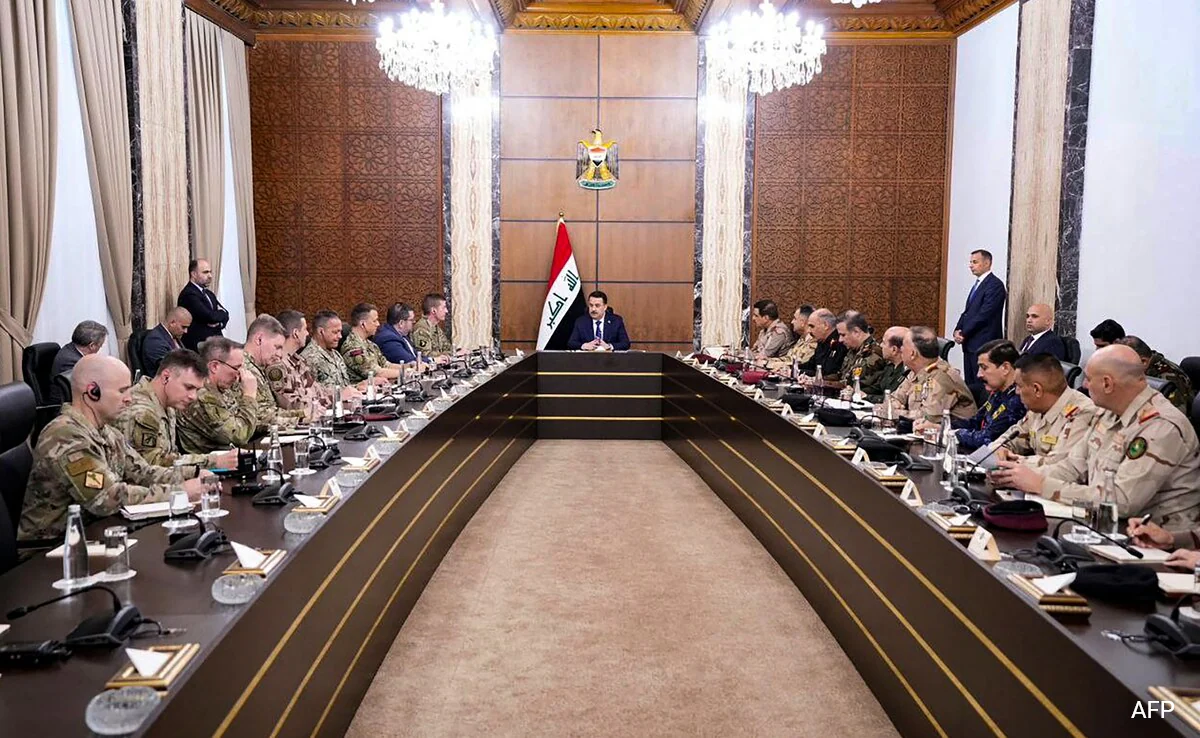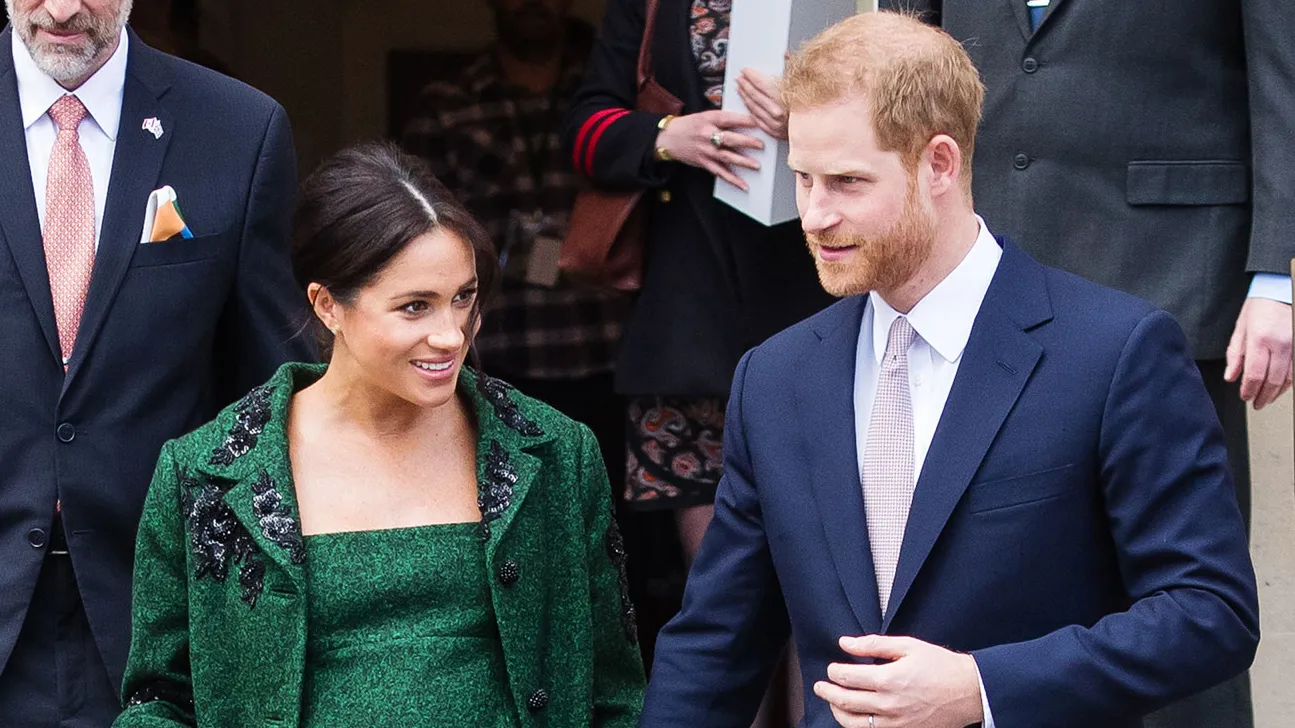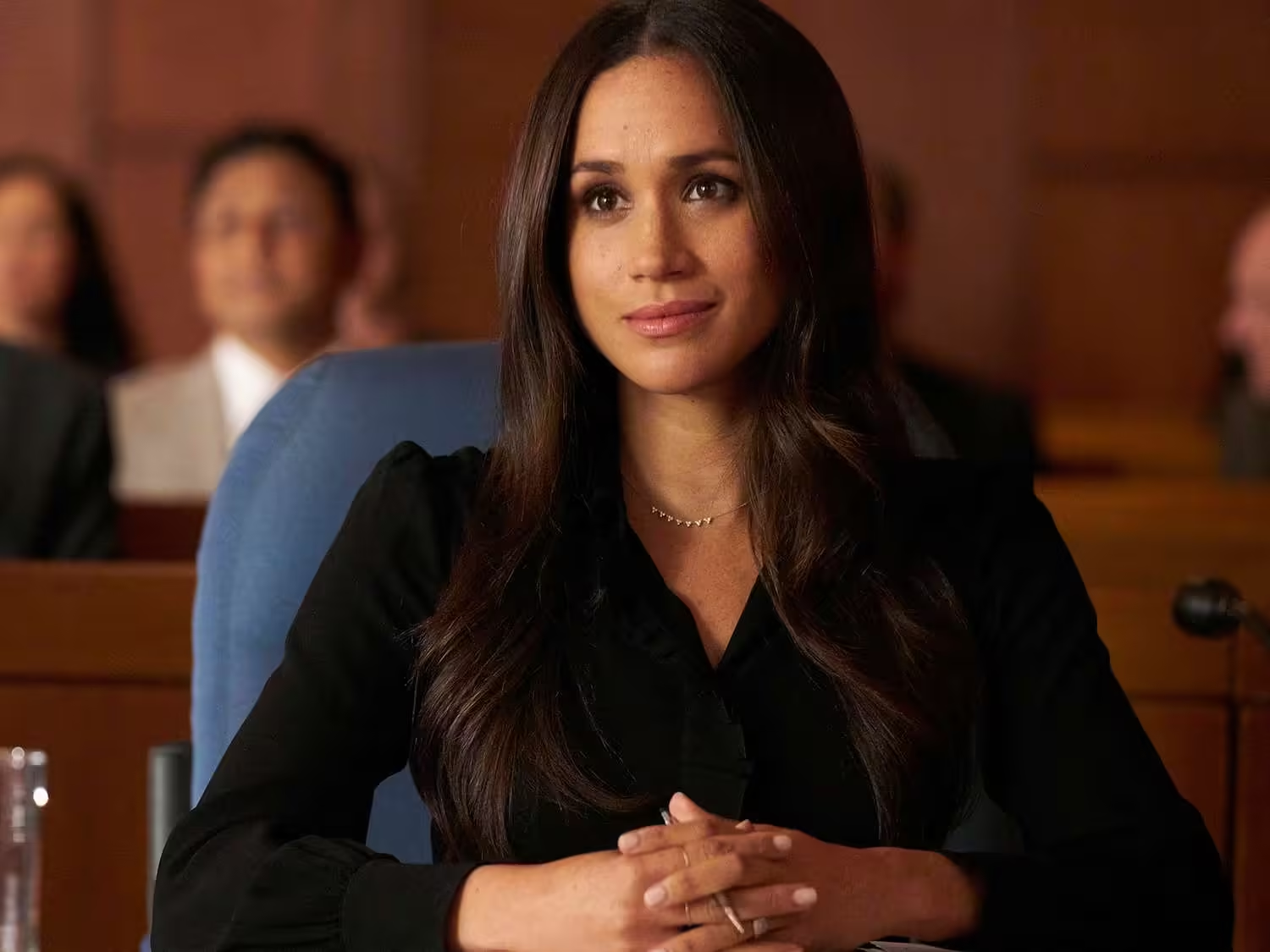In a significant development, Iraq and the United States have initiated discussions concerning the future of American and other foreign troops in the country. This marks the first round of talks, with Baghdad anticipating the negotiations to result in a concrete timeline for the reduction of foreign military presence.
As of now, approximately 2,500 US troops remain deployed in Iraq as part of the international coalition formed in 2014 to counter the Islamic State group’s expansion in the region. However, recent events, particularly the Israel-Hamas conflict, have led to increased security challenges. US-led coalition forces in Iraq and Syria have faced frequent attacks by Iran-aligned groups, prompting retaliatory strikes by the US and complaints from Iraq about perceived American “aggression” on its territory.
The volatile situation has spurred Iraq’s Prime Minister, who relies on the support of Iran-aligned parties, to call for the coalition’s departure. Talks, which had been planned since an initial meeting in Washington in August, gained momentum as a result.
A recent drone attack targeted the Ain al-Assad base, where coalition troops are stationed in Iraq’s western Anbar province. While the extent of casualties or damage remains unclear, the incident underscores the precarious security environment.
Prime Minister Mohamed Shia al-Sudani’s office released a photograph of him with top-ranking officials from both the Iraqi armed forces and the US-led coalition. The joint commission, according to the statement, commenced its work in Baghdad to review the mission of the Global Coalition against Daesh (ISIS). Military experts will oversee the conclusion of the coalition’s military mission, a decade after its initiation and successful collaboration with Iraqi security and military forces.
Farhad Alaaldin, Sudani’s foreign affairs adviser, stated that the talks will determine the duration of negotiations. Iraq aims to engage with other countries participating in the international coalition for bilateral agreements that serve the best interests of all parties involved.
The US-led coalition, in a statement, confirmed that the meeting is part of the process to assess progress in the coalition’s primary Defeat-Daesh mission and discuss future adjustments to its mission and presence in Iraq. The joint military commission is expected to work on establishing conditions for transitioning the mission in Iraq.
Earlier, Washington and Baghdad agreed to launch expert working groups of military and defense professionals as part of the joint commission. These groups will examine the threat posed by ISIS, operational and environmental requirements, and the enhancement of Iraqi security forces’ capabilities.
Sabrina Singh, US Pentagon deputy press secretary, acknowledged that the military footprint in Iraq will be part of the ongoing conversations. Iraq’s foreign ministry envisions the formulation of a specific and clear timeline for the gradual reduction of the coalition’s advisers on Iraqi soil.
The region has witnessed over 150 attacks targeting coalition troops since mid-October, with many claimed by the Islamic Resistance in Iraq—a loose alliance of Iran-linked groups opposing US support for Israel in its conflict with Hamas in Gaza.
While ISIS declared a “caliphate” in 2014, its defeat in Iraq in late 2017 by Iraqi forces, backed by the US-led coalition, did not eliminate sporadic jihadist attacks on the army and police. The current talks represent a critical juncture in determining the future security landscape in Iraq.


